Friendship Place takes a nontraditional approach to helping homeless LGBTQ youth
Friendship Place's symposium, "Young, LGBTQ and Homeless," takes place on Wednesday, April 19

Friendship Place is best known for its non-traditional approach to combating homelessness, something of which Jean-Michel Giraud is proud.
“Many people feel that in a traditional shelter setting, there is a barrier to employment, because you have to arrive by 7 p.m. and leave at 7 a.m.,” Giraud, the organization’s president and CEO, says. “We decided to pilot a model where we engage in very progressive, innovative shelter work, where people have keys to their own shelter, so they can go in and out on their own, take second- and third-shift jobs.
“That model caught on, because the people who run the shelters were seeing people leave within three to four months, with a job and a place to live. And meanwhile, while they were in the shelter, residents felt more trusted, fulfilled, and empowered.”
In addition to its progressive shelter model, Friendship Place offers a wide range of programs for people at risk of homelessness, including job placement assistance, veterans’ services, medical and psychiatric care, and its “Before 30” case management program for 17- to 29-year olds.
That last group will be the focus of Friendship Place’s annual education and advocacy symposium on April 19. Led by moderator and former Al-Jazeera and PBS Newshour host Ray Suarez, a panel of experts — including a formerly homeless youth — will delve into issues affecting homeless LGBTQ youth, including trafficking, survival sex, addiction, and family rejection.
According to Giraud, 43% of homeless youth in the District identify as LGBTQ — an outsized proportion, part of a trend that’s reflected nationwide.
“Young people are coming out earlier,” he says. “As a result, they’re finding themselves on the street earlier, if they come from families where they’re simply not wanted anymore once they’ve self-identified.”
Friendship Place’s annual Education and Advocacy Symposium, “Young, LGBTQ and Homeless,” takes place on Wednesday, April 19, from 6-8 p.m. at The George Washington University’s Jack Morton Auditorium, 805 21st St. NW. For more information, visit friendshipplace.org.
Support Metro Weekly’s Journalism
These are challenging times for news organizations. And yet it’s crucial we stay active and provide vital resources and information to both our local readers and the world. So won’t you please take a moment and consider supporting Metro Weekly with a membership? For as little as $5 a month, you can help ensure Metro Weekly magazine and MetroWeekly.com remain free, viable resources as we provide the best, most diverse, culturally-resonant LGBTQ coverage in both the D.C. region and around the world. Memberships come with exclusive perks and discounts, your own personal digital delivery of each week’s magazine (and an archive), access to our Member's Lounge when it launches this fall, and exclusive members-only items like Metro Weekly Membership Mugs and Tote Bags! Check out all our membership levels here and please join us today!



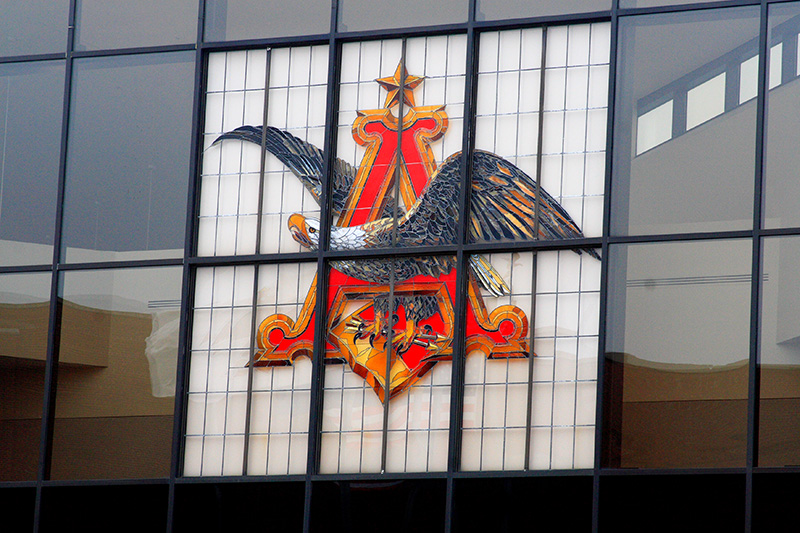
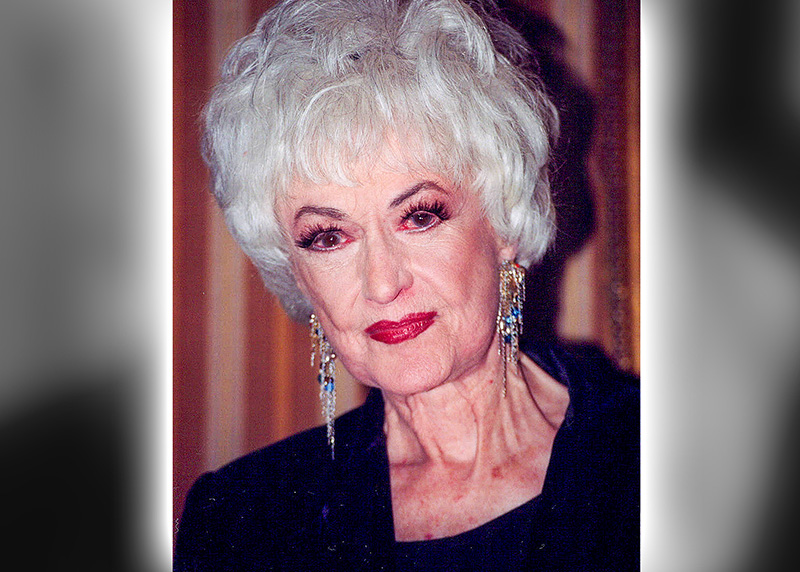
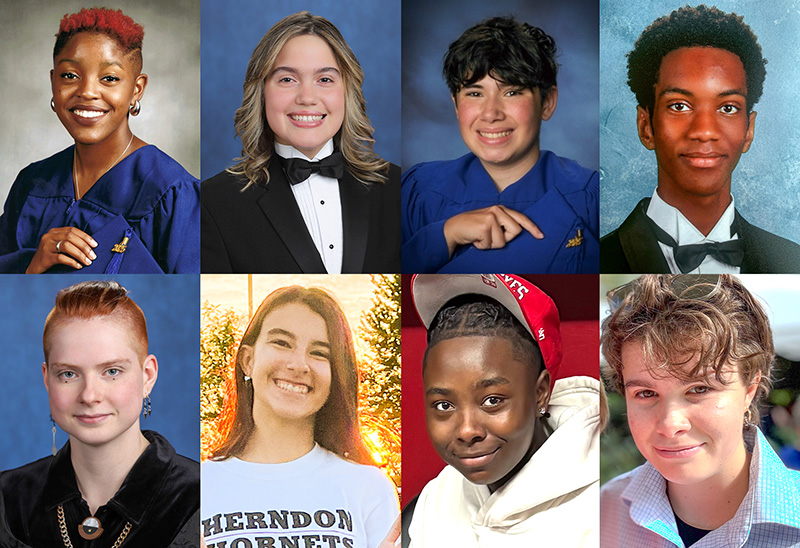













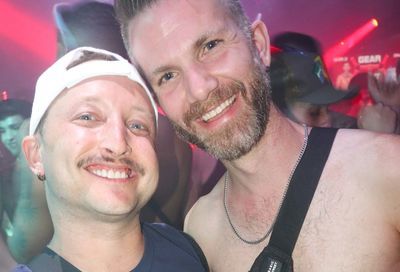
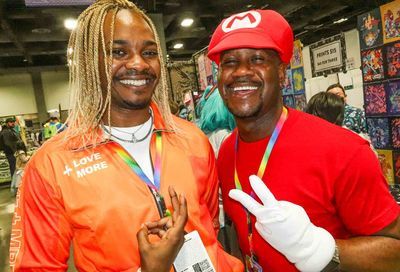
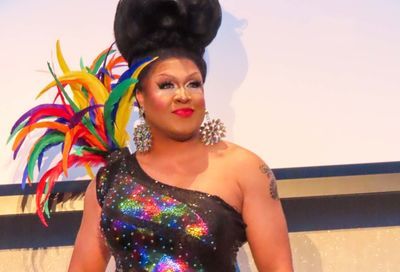
You must be logged in to post a comment.